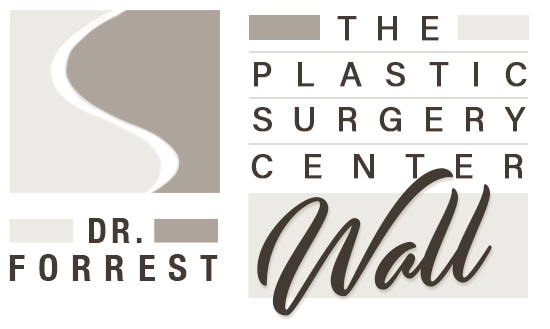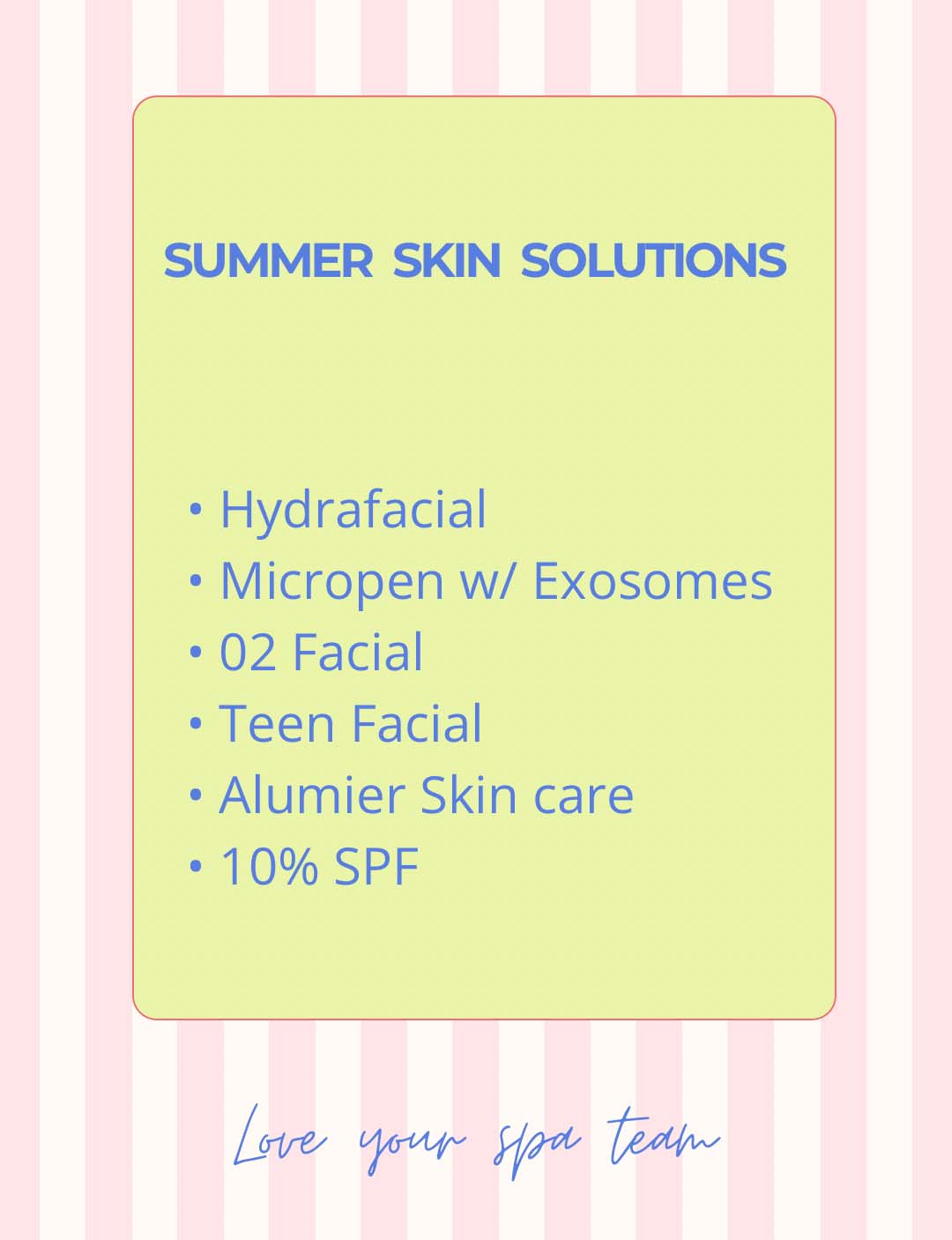If you’ve decided that you’re getting breast implants in Shreveport, a few of the major factors to consider are the breast implant placement, size, shape, and breast procedure. Different people want different things. Some are simply looking to go from an A cup to a B cup, while others might make a bigger jump from a B cup to D cup.
Your breast augmentation should not be a “cookie-cutter” experience, which is why it’s essential to seek out a qualified, board-certified plastic surgeon who specializes in breast augmentations, before making your decision. We’ll discuss some of the points to keep in mind when considering what type of breast implant type or procedure type is best for you, personally.
Want to view some of our work? Check out our Shreveport breast procedures gallery!
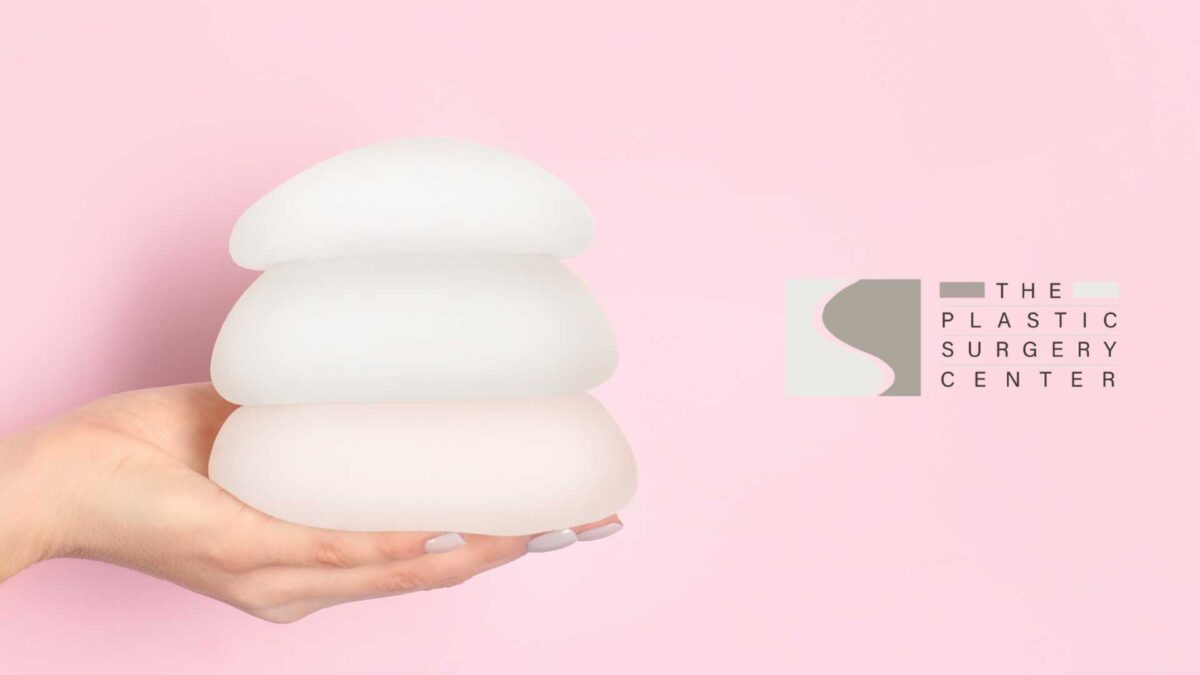
Breast Implant Placement
Breast implants generally have three types of placement: over the pectoralis muscle, under the pectoralis muscle, or behind the pectoralis.
The pectoralis major muscle is a large shell or fan-shaped muscle. This muscle doesn’t cover the lower outer region of the chest wall. When the implant is going “under the muscle,” we typically detach the muscle from the lower origin, along the rib cage. For most people, this means that the pectoralis muscle major will cover about half of the implant. The bigger the implant is, the less area will be covered by the muscle. So, A to D cup breast implants will have less coverage than A to B breasts.
The pectoralis minor muscle is the smaller muscle lying under the outer edge of the pectoralis major. It butts up against the serratus muscle, which lies along the sides of the chest wall. For typical breast implant surgeries, we place the breast implant on top of the pectoralis minor and serratus muscles but below the pectoralis major muscle.
Over-the-Muscle Breast Implant Placement
This is also called Subglandular implant placement. This is best for women with a moderate amount of natural breast tissue (typically, this is a B cup or larger).
Over-the-muscle breast implant placement is an excellent choice to produce natural-looking breasts that age well. This type also offers a much easier recovery than that with under-the-muscle breast implants. You can usually expect to see the end results within a few weeks.
The downside to over-the-muscle breast implant placement is that these can result in capsular contracture. Studies have shown up to 70% chance. This is the tightening of the scar tissue that forms around the implant. If a patient has significant bleeding around the implant at the time of the surgery or immediately following the surgery, the old blood can simulate this effect. Recent studies suggest that the main cause of capsular contracture is a biofilm causing the scar tissue to “block off” the implant in an attempt to protect the body.
Also, it’s important to note that you may see ripping in the upper or inner points of the breast when the patient is on the smaller-framed side, and the skin is tighter (smaller breast size). It’s also easier to see the actual implant when placed sub-glandularly on those with smaller frames.
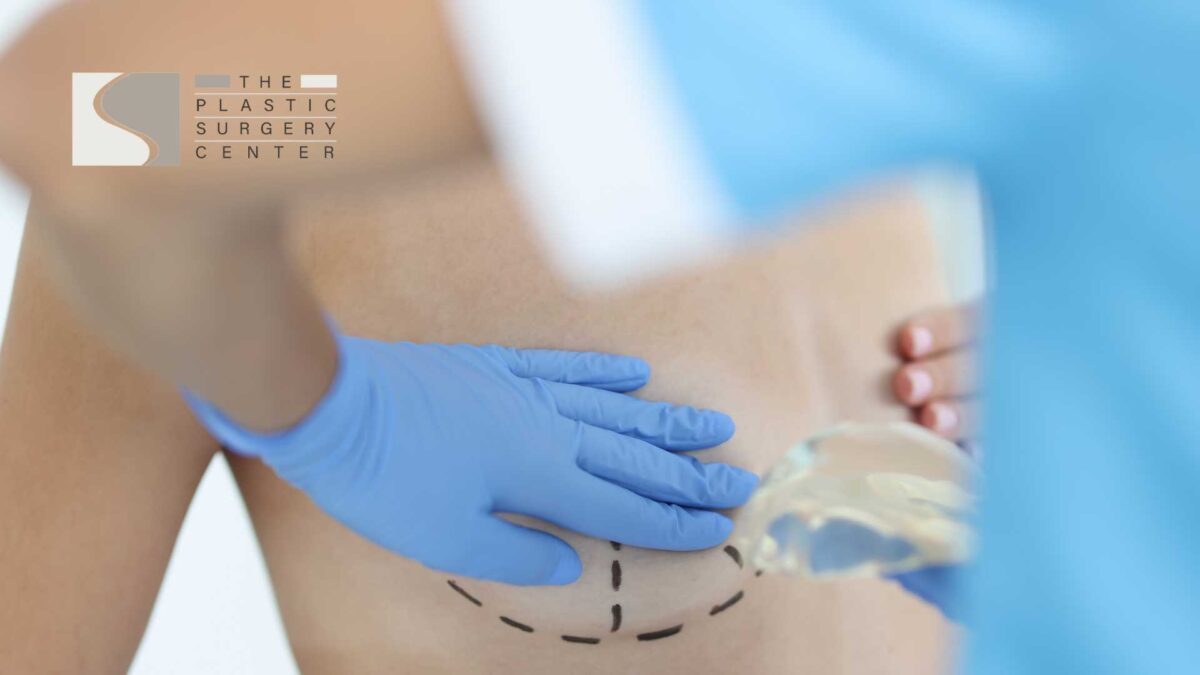
Under-the-Muscle Breast Implant Placement
This type of breast implant placement is also referred to as Subpectoral implant placement. Using the “under the muscle” approach reduces the chance of capsular contracture rate to less than 10%.
For those with thinner frames, placing the implant under the muscle makes the edges less visible, creating a more natural-looking shape.
The only downside to “under the muscle” breast implant placement is really the recovery, which is more uncomfortable for several days. It will take longer for swelling in the breasts to subside and to see the end results.
You may actually need a few months to actually see the end results. Also, when exercising, as the pectoralis muscle flattens the implants, this will cause them to “slide over” towards the outside, temporarily, causing them to change shape.
Behind the Muscle Breast Implant Placement
This type of breast implant placement is also called Submuscular. A submuscular placement puts the breast implant firmly behind the patient’s chest muscle wall. The implant goes behind the pectoralis major muscle, all of the connective tissues, and non-pectoral muscle groups. This breast implant placement is best for mammograms. Like the Subpectoral breast implant placement, Submuscular placement has a longer recovery time.
Breast Implant Placement Options
Sub-Pectoral or Inframammary Fold Breast Incision
The sub-pectoral or inframammary fold procedure involves an incision in the fold underneath the breast. This allows Dr. Wall more direct control of the implant’s position. This incision placement also allows for minimal effects on the milk-producing areas of the breast. And if complications arise or additional surgeries are needed, we can use the same incision to go back in. Inframammary fold incisions work for mothers or older patients. The breast shape typically hides the scar after childbirth or natural aging.
Younger or thinner women who have not yet had children or those who don’t have a crease underneath the breast will more than likely show a scar with this procedure.
Peri-Areolar
With a peri-areolar breast implant, the incision is made around the nipple-areolar complex. This makes the scar blend seamlessly into the edge of the areola. Since the incision is near the “milk-production” area of the breast, women who receive a peri-areolar breast implant surgery may have a loss of nipple sensation and difficulty breastfeeding after breast augmentation surgery.
However, this is the preferred method for women with very small breasts who don’t have the fold under their breasts.
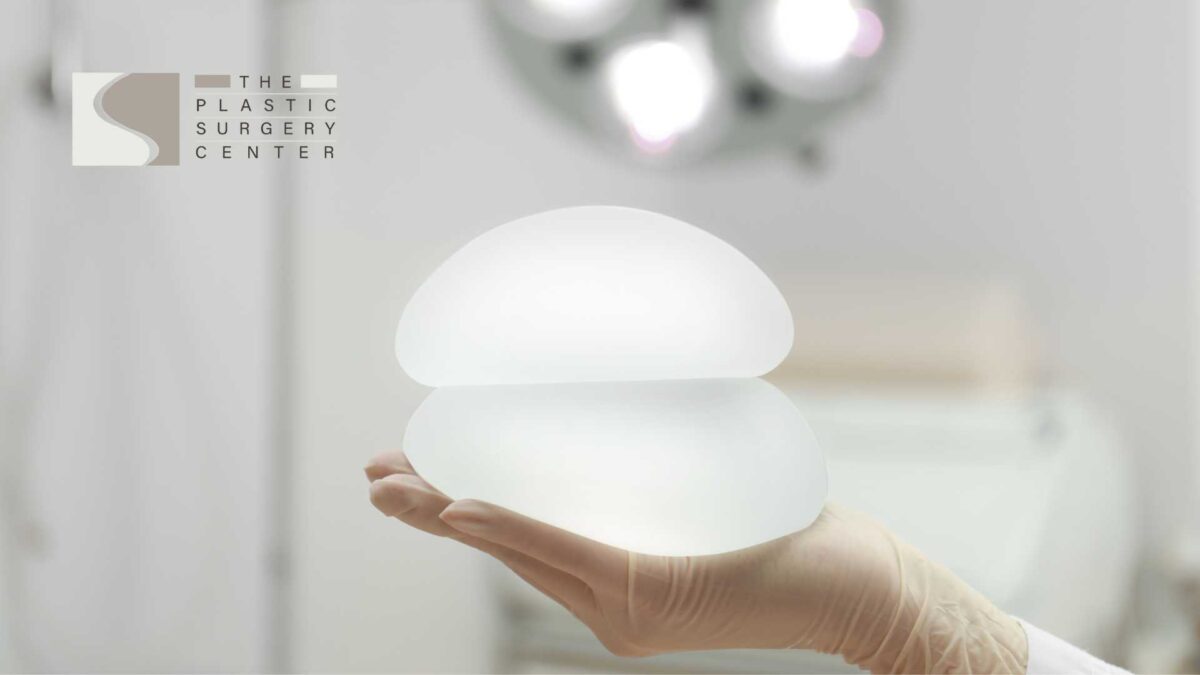
Learn More About Breast Implant Placement and Types
You can learn more about your Shreveport breast augmentation, including breast implant placement and the types of breast implants we use at Wall Plastic Surgery Center, by scheduling a consultation. During your appointment, we’ll examine your body, make recommendations about your breast implant placement and type, as well as answer any questions you may have about your breast augmentation. To schedule a consultation, call 318-221-1629 or contact us via our online form.
